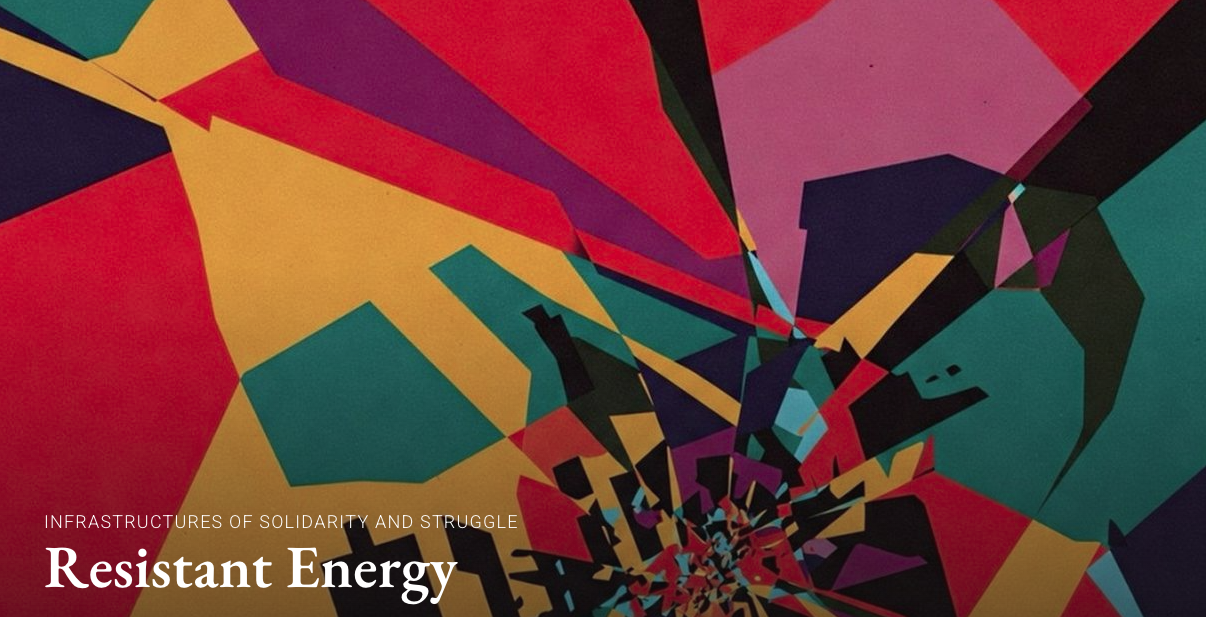Miriyam Aouragh joins panel on infrastructures of of solidarity and struggle at SPUI25

Image from spui25.nl
On June 25th, Prof. Miriyam Aouragh participated in a SPUI25 panel entitled “Resistant Energy” to examine the “shifting infrastructures of resistance and repression that define solidarity from Palestine to South Africa, focusing on legal and institutional frameworks, social and material infrastructures, and social justice archives.” Joining her were Jamil Fiorino-Habib (University of Amsterdam), Jill Toh (University of Amsterdam), Omar Jabary Salamanca (Université Libre de Bruxelles), and designer Karl Moubarak.
As international legal institutions such as the ICC and ICJ intervene in unprecedented ways, they ask how these shifts recalibrate the global framing of Palestinian liberation—legitimizing perspectives from the Global South while also reinforcing imperial modes of governance. Concurrently, other vital global institutions, including universities, have become key battlegrounds where students and faculty engaged in Palestine solidarity efforts face increasing policing, surveillance, and repression. From bureaucratic restrictions and disciplinary actions to targeted harassment, the infrastructures of repression extend beyond state mechanisms, infiltrating educational spaces that have historically been sites of radical critique.
Resistant Energy, a forthcoming booklet published by the Institute for Technology in the Public Interest (TITiPI), formed the starting point of the event. The booklet compiles a year-long investigation into archival visuals of infrastructure and apartheid—from South Africa to Palestine—exploring the material and symbolic energies that sustain resistance.
Learn more here.
SPUI25 is Amsterdam’s academic-cultural platform, where diverse parties structurally explore the intersection of science, culture, and society.






